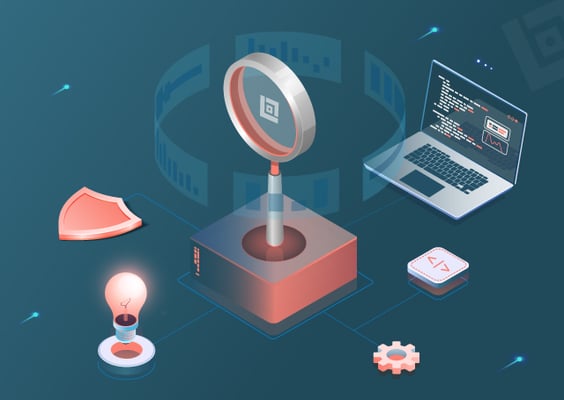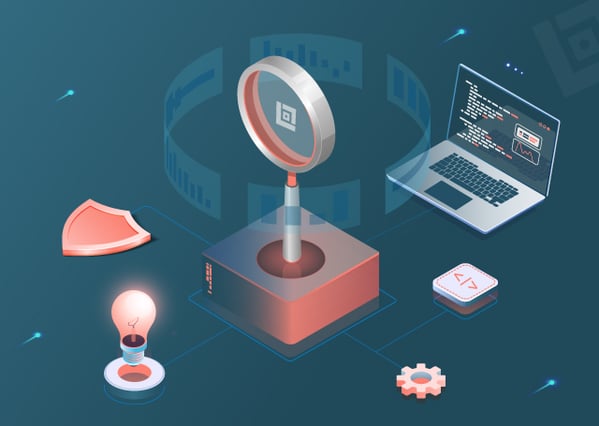
Every month our Advanced Technology group evaluates the latest tools in QA testing and passes on their findings to you. This month, we will take a look at Selenium Builder, Applitools Eyes, Circle CI, and Koding. We have also provided a list of the latest support updates. As always, we hope this will help increase your QA team’s efficiency and productivity, as well as get the most out of test automation.
Latest Support Updates from March 2015:
- Version 2.9.0 of Selenium IDE has been released with a new scheduling feature.
- HP has released UFT 12.02 with support and automate mobile apps.
- Version 1.608 of Jenkins has been released with a configurable periodic workspace clean-up feature.
- Cucumber’s new library (version 2.0.0) has been released fixing Cucumber-capybara issues.
- IntelliJ IDEA’s new version 14.1.1 comes with a new built-in de-compiler.
- Telerik Test Studio R1 2016 has been released and features a new IntelliMap (the visual element mapper)
Tools and Technology Overview:
Selenium Builder is an open source tool to record, play-back and save the actions performed on a browser. These are further used to generate the Selenium based scripts. When compared to Selenium IDE, Selenium Builder provides additional features, like exporting scripts directly to GIT, executing scripts on cloud (ex. SauceLabs, TestingBot and CrossBrowserTesting), object synchronization, and foreign languages support.
Applitools Eyes is an automated UI validation product that uses visual technology to detect differences in how an application looks on different browsers or platforms. The option to integrate this cloud based product with other automation tools like Selenium is available. This can help verify the UI of an application along with the coded assertions within a code.
CircleCI is a cloud-based continuous integration tool that supports Ruby on Rails, Sinatra, Node, Python, PHP and Java. It provides easy integration with GIT and Cloud execution environments like SauceLabs, BrowserStack etc. This tool is mainly beneficial for a team that uses the cloud to store their code and uses cloud execution environments.
Koding is a cloud-based development environment with free Linux based VMs, IDE and a terminal where you can learn Ruby, Go, Java, NodeJS, PHP, C, C++, Perl, Python etc. upon signing up, Koding provides you Linux based VM with a separate workspace. Using this workspace, you can develop scripts, execute code, and use the drawing board. There is also a intellisense feature for help and chat to share the code.
In search of a previous update? Click here to browse our past technology reviews. Learn more about the latest testing tools and QA testing services.






